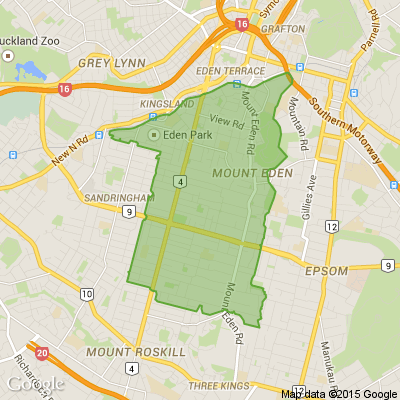Free Bicycle Maintenance Workshop at ALoT!
Auckland Library of Tools (ALoT) is excited to bring you the 2nd in a series of repair and maintenance workshops every first Thursday of the month at Hackland Makerspace, just behind ALoT!
Thursday July 4 will be a free hands-on bike maintenance workshop! Come join in the fun, bring your bike, buddy up with one of ours, or just watch and learn the basics of caring for a bike and keeping it road-worthy. Bike expert Nico from Tumeke Cycle Space will help you become more comfortable with your bike and even help you with minor repairs, so you will ride away feeling like a pro.
Swap knowledge, tips and tricks, stories, and elbow grease with your neighbour and improve your bike skills, all while making Auckland a more bikeable place to live. Bring appropriate tools if you have them, or use the tools available in house. There will be nibbles and tea on hand, but contributions of food and beverage are very welcome. The vibe is relaxed, and social. Teens are welcome to participate, with an accompanying adult. We also have a play area for kids and there will be a couple of toddlers around as playmates!
Please RSVP ("maybe" is ok!) so that we have an idea of attendance.
www.facebook.com...
Getting here:
Bus stops on Ponsonby Rd (InnerLink, 20, 105, 106, 866), Great North Rd (11T/W, 18, 20, 195), and Karangahape Rd (WX1)
We are also near the northwestern cycleway.
Limited free parking is available next door or on side streets. There is no parking in front of ALoT/Hackland.
These workshops are part of the "Repair & Share" project, a weekly repair cafe hosted by ALoT, RCANZ, and Hackland and supported by Auckland Council. www.facebook.com...
If you would like to help out at any of our workshops or repair cafes, please don’t hesitate to get in touch. You do not need repair skills to get involved! See you soon!

Social Junior Netball
Get your schoolmates together for 6 weeks of summer fun!
Years 1-8 and Secondary School grades
Starting Thursday 19th Feb
Open to team and individual registrations
Registrations close Friday 13th Feb
Poll: As a customer, what do you think about automation?
The Press investigates the growing reliance on your unpaid labour.
Automation (or the “unpaid shift”) is often described as efficient ... but it tends to benefit employers more than consumers.
We want to know: What do you think about automation?
Are you for, or against?

-
9.5% For. Self-service is less frustrating and convenient.
-
43.4% I want to be able to choose.
-
47.1% Against. I want to deal with people.
Dry cleaners mt Roskill
Hello our fellow neighbors I was hoping someone would know where the old dry cleaners we had up at the lights on dominion road have moved to?? I was out of town and when I came back they were gone .... I had some items that I would really love to get back but if only I new where they moved to or how to get In Touch with the owners to see what they did with our clothes if they closed down or moved elsewhere? Any updates or news about it would be amazing neighbors. Have a great day









 Loading…
Loading…